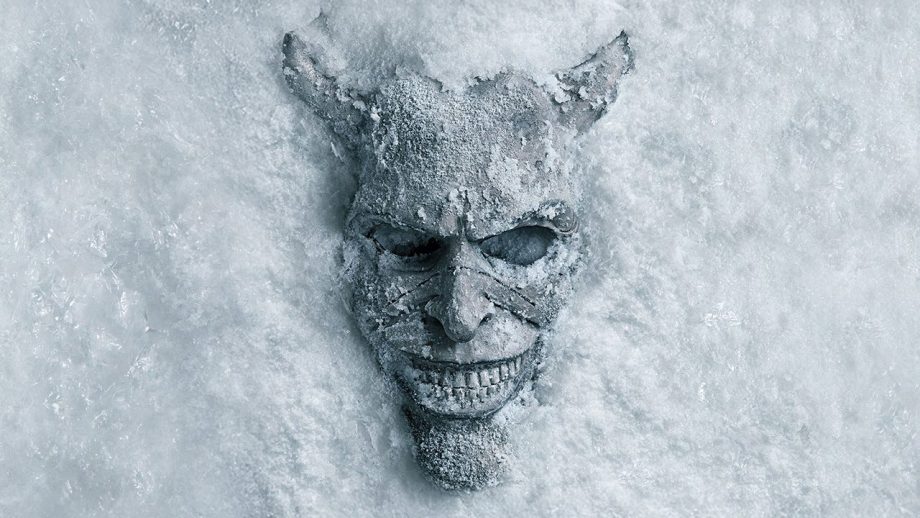
Warning: This article contains spoilers for Black Phone 2.
It’s time to put on your ice skates and slide down to your nearest cinema, because Black Phone 2 is now in theaters. The much-anticipated sequel to 2021’s surprise sleeper hit The Black Phone, this go-around features The Grabber returning to terrorize Finney and Gwen Blake all over again, but this time as a villainous specter instead of a flesh and blood adversary.
The movie has gone over well with critics after its Fantastic Fest premiere, with IGN’s Matt Donato saying in his 7/10 review that the sequel is a “fresh reinvention of traditional slasher tropes.” By all accounts, it’s a good time at the movies that’s sure to satisfy horror fans hungry for new thrills, and appears to be another winner for longtime horror director Scott Derrickson.
However, like with many of Derrickson’s previous efforts, he turns in a solid film, but not a great one. Watching Black Phone 2 crystallizes what its director does well and what he’s struggled with over the course of his career, and is perhaps the most cogent example of why Derrickson has become the patron saint of “pretty good” horror movies. Let’s take a look at why Black Phone 2 just misses out on being the next great horror classic.
Skating to Success
In many ways, Black Phone 2 is a step up from its predecessor. The 2021 original was a solid entry that admirably balanced drama and scares, and created a modern horror icon in Ethan Hawke’s The Grabber. It was also a movie that tied up pretty much all of its loose ends the first time around: Finney Blake (Mason Thames) successfully kills The Grabber in his final escape attempt and reunites with his sister Gwen (Madeleine McGraw) at the end. There was no obvious direction for a sequel to go. Given that the movie was based on a standalone short story by writer Joe Hill, this makes sense. But The Black Phone was a big hit for Blumhouse, pulling in over $160 million worldwide and becoming one of the most well-known horror films of the 2020s so far, meaning a sequel was likely an inevitability.
Black Phone 2 capitalizes on the original’s fairly definitive conclusion by taking the series in a new direction, doubling down on the supernatural conceit by having The Grabber return as a ghost in the same way his victims did last time around. The villain is now the one calling Finney through the titular phone. Stalking his enemies as an axe-wielding phantasm doesn’t just give the sequel a fresh hook, but it makes sense as an extension of the story since the talking ghosts and Gwen’s psychic powers were already introduced in the first film. Derrickson uses this to make his filmmaking more dreamlike for many key sequences, which is where his acumen as a visual storyteller really shines. Drinking in the majestic snowscapes and surreal imagery is one of Black Phone 2’s biggest pleasures, blowing The Grabber’s drab concrete basement from the original out of the water.






